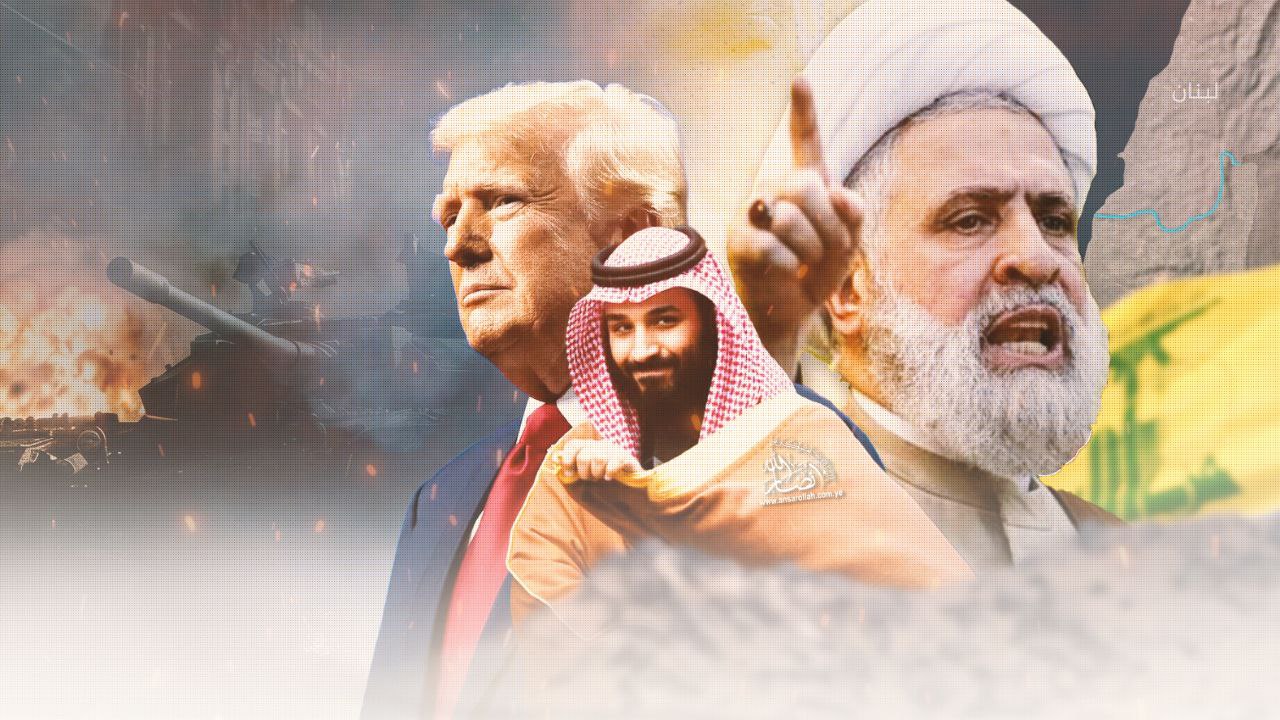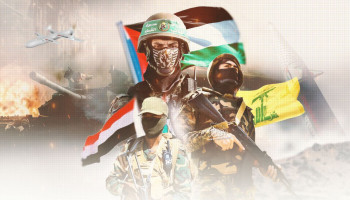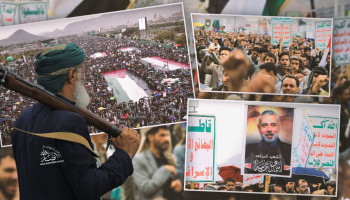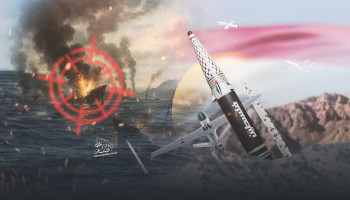Reports | Ahmed Daoud | Ansarollah:
Lebanese Hezbollah is entering a new battlefield in its internal and external confrontations. The issue of "disarming the resistance" is one of the most important cards through which America has recently been pressuring to achieve victory over the party through soft means after the military option had failed.
Washington, through its envoy to the region, Thomas Barrack, put the Lebanese government in front of two options, both of which are bitter. America wants the government to move to a practical stage to disarm Hezbollah. If it refuses, it will face direct confrontation with American pressure. If it "did so," however, it would clash with the resistance in Lebanon if it actually moved to force the party to surrender its weapons.
Hezbollah's position on the issue of "weapons" is clear. The party's Secretary-General, Sheikh Naim Qassem, made this clear in a speech last week, emphasizing that the resistance will not surrender its weapons to the Israeli enemy, and that anyone who deals with this issue is primarily serving America and "Israel."
The American pressure on Lebanon comes within a context of arrogance. When discussing the Lebanese issue, Washington immediately jumps to demanding that Hezbollah surrender its weapons.
However, it ignores the Israeli enemy's violations, its ambitions and plans in the region, and the danger posed by Israel's massive arsenal, including its nuclear arsenal, to subjugate, occupy, besiege, and starve people. Gaza is a prime example of this.
In this particular context, when Hezbollah asks Lebanese political rivals what guarantees Washington and the Israeli enemy entity can provide that they will not attack and occupy Lebanon if the party surrenders its weapons to the state, the party finds no convincing answer. There are no guarantees. Rather, the general American discourse on Lebanon is to force the party to surrender its weapons, which is certainly impossible.
A few days ago, an important Lebanese government session, the "Arms Session," was announced, scheduled for Tuesday. This is a trap for war and internal confrontation in Lebanon, especially as Arab countries, most notably Saudi Arabia, are actively seeking to achieve this historic moment.
Tuesday's session is expected to be "pivotal" in deciding whether to hand over Hezbollah's weapons and submit proposals to the Supreme Defense Council, which, according to Lebanese media, is developing a roadmap for action. These proposals indicate that any decision issued by the government must be implemented.
In anticipation of this historic moment, intensive consultations are being held between Lebanese President General Joseph Aoun, Parliament Speaker Nabih Berri, and Prime Minister Nawaf Salam, along with separate meetings between Hezbollah leaders and various Lebanese political forces.
The Lebanese hope that these meetings will lead to a solution and consensus, without the government and president being drawn into attempts to break the resistance and pressure it to comply with American orders under the pretext of "not burning Lebanon".
Blind Logic
From the first moment of the implementation of the ceasefire agreement in Lebanon—which entered into force in November 2024—the enemy entity has shirked its commitments, starting with its refusal to withdraw from five deployment points and ending with its daily violations of Lebanese territory by land and air.
According to Lebanese sources, the Israeli occupation's violations since the signing of the agreement have exceeded 4,000 direct and indirect attacks, which constitute a flagrant violation of Lebanese sovereignty and international law.
Nevertheless, political forces in Lebanon, particularly those loyal to the United States, are moving toward inciting hatred against Hezbollah and demanding its disarmament. They have failed to exert a vocal voice in confronting Zionist violations and the Israeli occupation army's incursion into southern Lebanon, at a time when they are actively advocating for Hezbollah's weapons and the need to hand them over to the state.
This blind logic is what's making Lebanon at risk ,threatening an explosive situation, especially if the fuse of confrontation is ignited under the pretext of Hezbollah's refusal to surrender its weapons to the state. These are flimsy arguments whose significance is understood by many observers and analysts.
The Lebanese president and his government are proposing a timetable for the withdrawal of the party's weapons, without a timetable that would compel the occupying army to withdraw from the occupied territories and halt its violations, which reach as far as Beirut, assassinate leaders, and threaten Hezbollah's every move.
All political forces are aware that the threat to Lebanon is very serious, but the enemy wants a new equation, different from that of Gaza. They hope that the efforts of Nawaf Salam's government will succeed in convincing Hezbollah to submit and surrender, especially since Salam offers a description that differs from the resistance approach, emphasizing that "Lebanon can only be saved by serious efforts to restrict weapons to the army," according to Salam.
Here, pro-American Lebanese officials repeat the refrain: "We don't want Beirut to turn into another Gaza." Hezbollah also has its own logic: "We don't want to surrender our weapons to the Israeli enemy, and we will resist as the resistance does in Gaza." According to indications, the plans for Lebanon are very extensive. Are Lebanese officials sensing the danger, as they certainly know it well, or is the situation heading toward an explosion?







